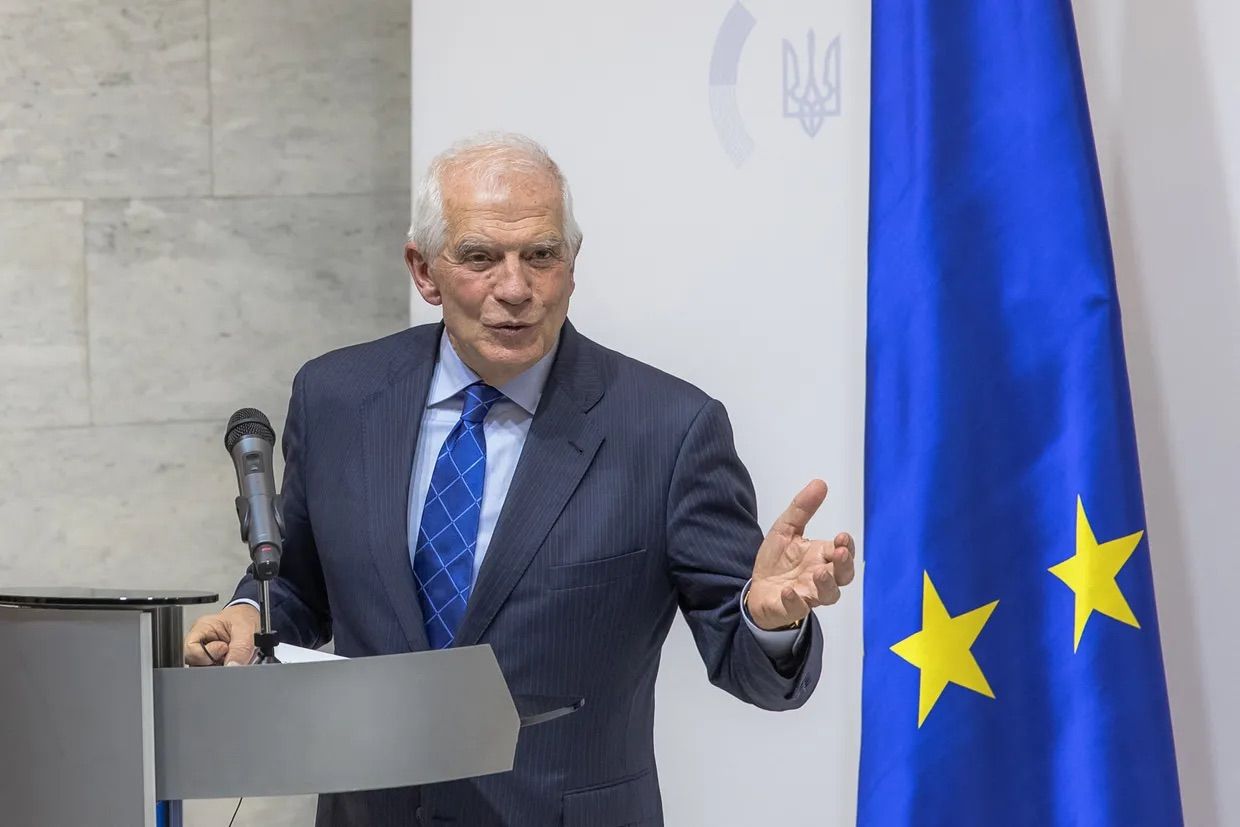Russian subsidiary of Bank of China stops accepting payments from Russian banks, sources say

The Russian subsidiary of the Chinese state-run Bank of China has stopped accepting payments from Russian banks, the state-controlled media outlet Kommersant reported on June 24, citing unnamed sources.
The U.S. and other countries unveiled a new wave of sanctions earlier in June that targeted Russian financial institutions, as well as entities and individuals based in China and elsewhere that help Moscow circumvent the existing restrictions.
Trade between Russia and China has surged by 121% since 2021, underscoring the Chinese role as Moscow's economic lifeline. A functioning payment system is necessary for maintaining trade relations, and Russia was cut off from the international SWIFT system in 2022.
According to Kommersant's sources, Bank of China will refuse to accept payments from any sanctioned Russian bank starting on June 24.
"This is not very good news for the Russian market," a source told Kommersant.
"There will be additional costs, both in terms of time and cost of payment processing."
The Russian subsidiary of Bank of China is ranked second in terms of assets of Chinese banks operating in the Russian market, at 592.4 billion rubles ($6.8 billion) at the end of the first quarter of 2024.
The problems associated with the suspension of payments will likely "go beyond the banking sector, resulting in the state having less and less control over it, creating rising risks of fraud."
After the new U.S. sanctions were announced earlier in June, the Russian state-run media outlet RIA Novosti published an interview with a Chinese economics expert, who conceded that the sanctions would have a "certain impact on the Russian economy," but claimed that it would not be "serious."
At the same time, Peter Harrell, who served as White House senior director for international economics in 2021 and 2022, said the new sanctions were a "paradigm shift" that could lead to a "major retreat" of the remaining non-Western banks that still do business with Russia.













